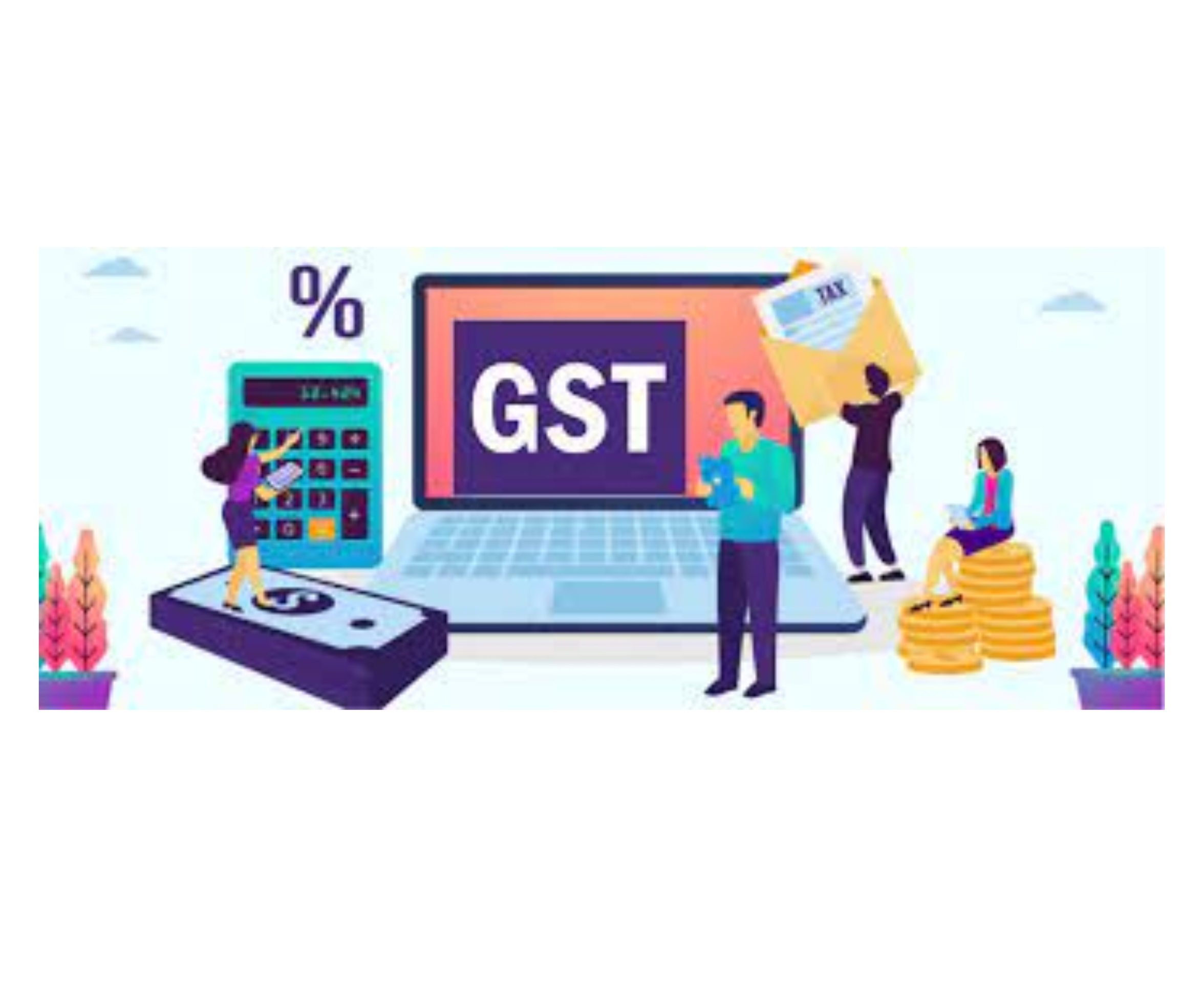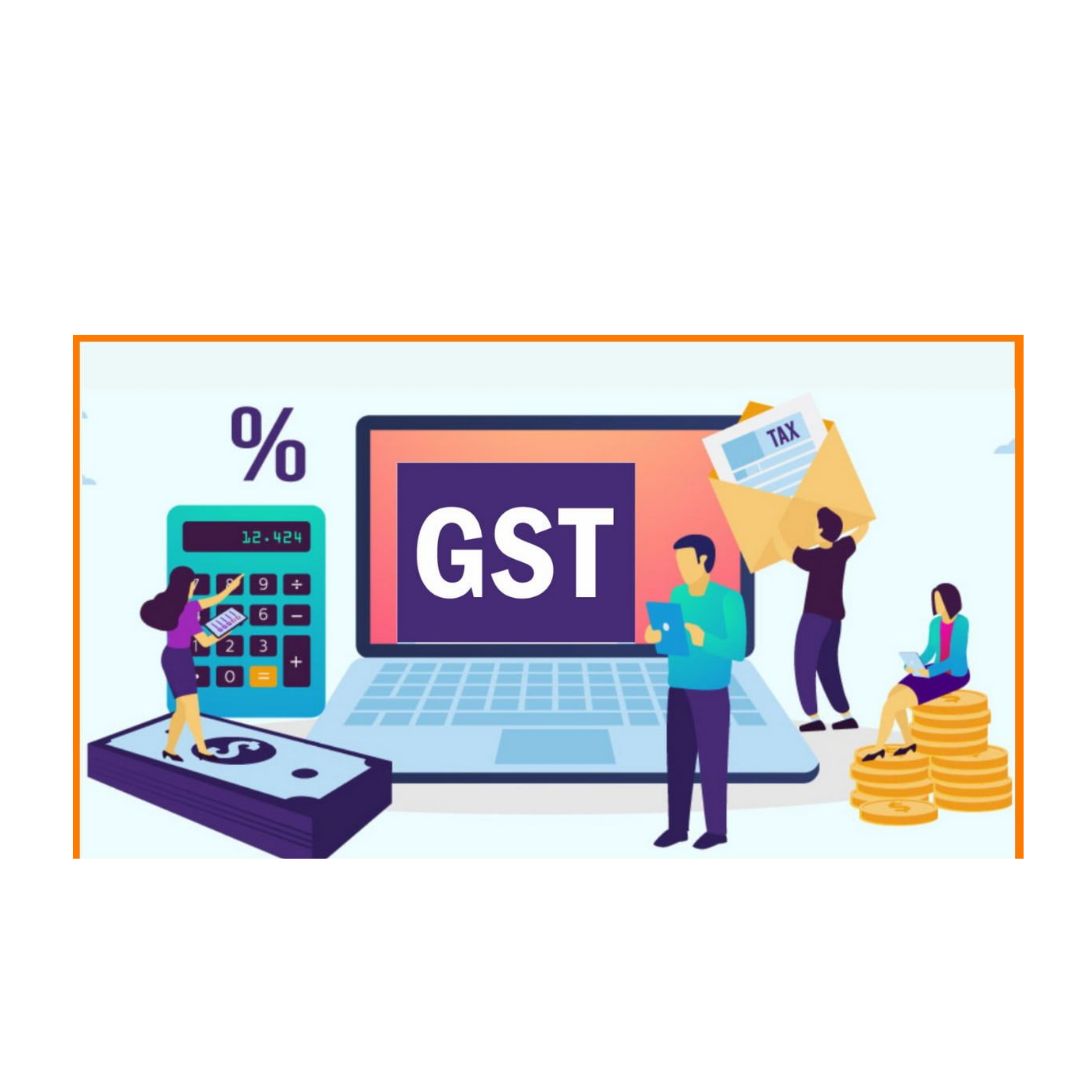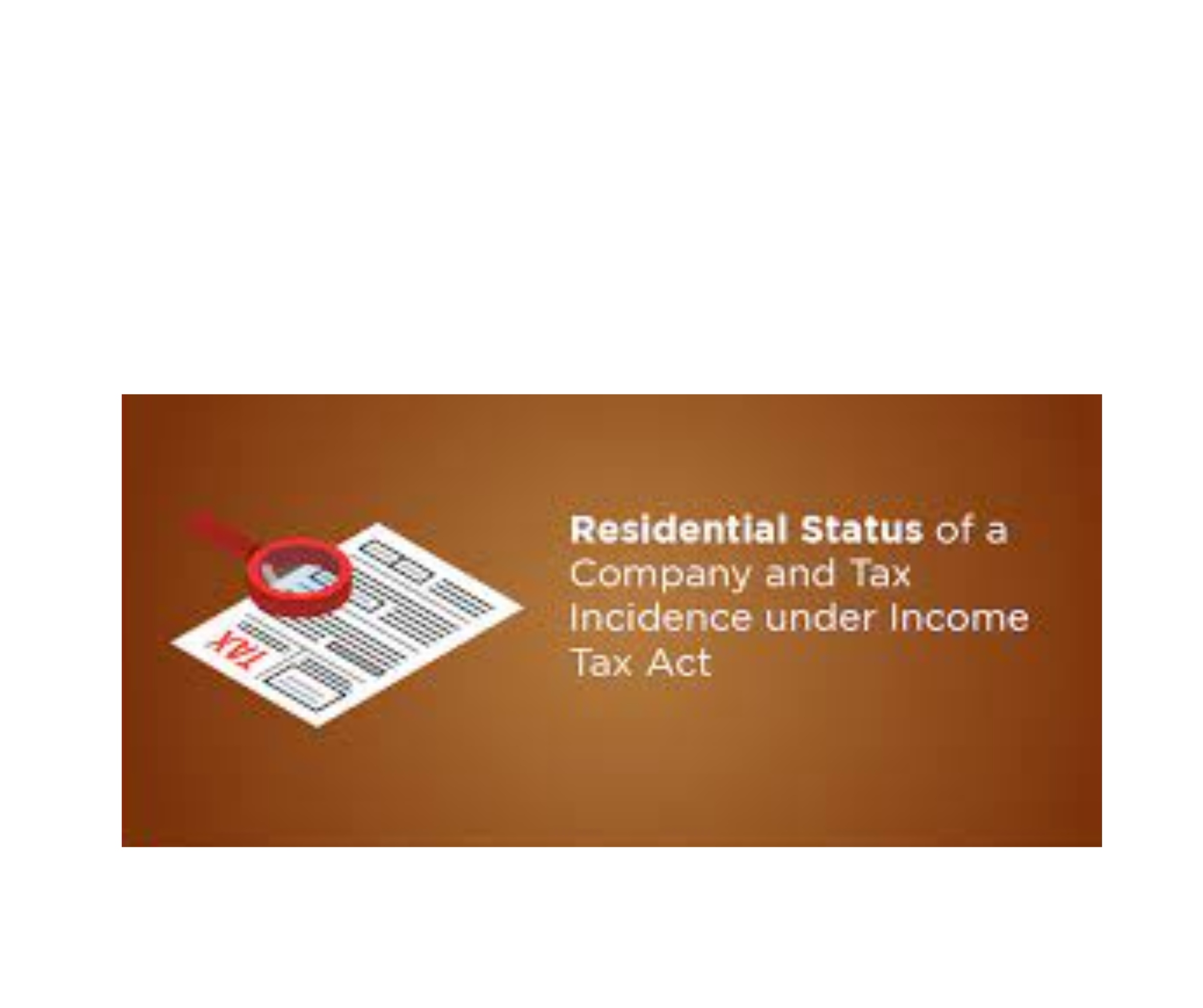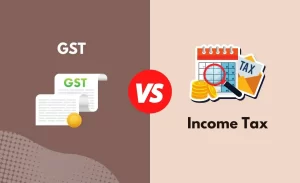How do I get a temporary GST number?
Temporary GST number In India, there is no provision for obtaining a temporary GST number. A business must first apply for a regular GST registration number by submitting the required documents and completing the registration process. Once the registration is complete, the business will receive a permanent GST identification number (GSTIN), which can be used… Read More »










